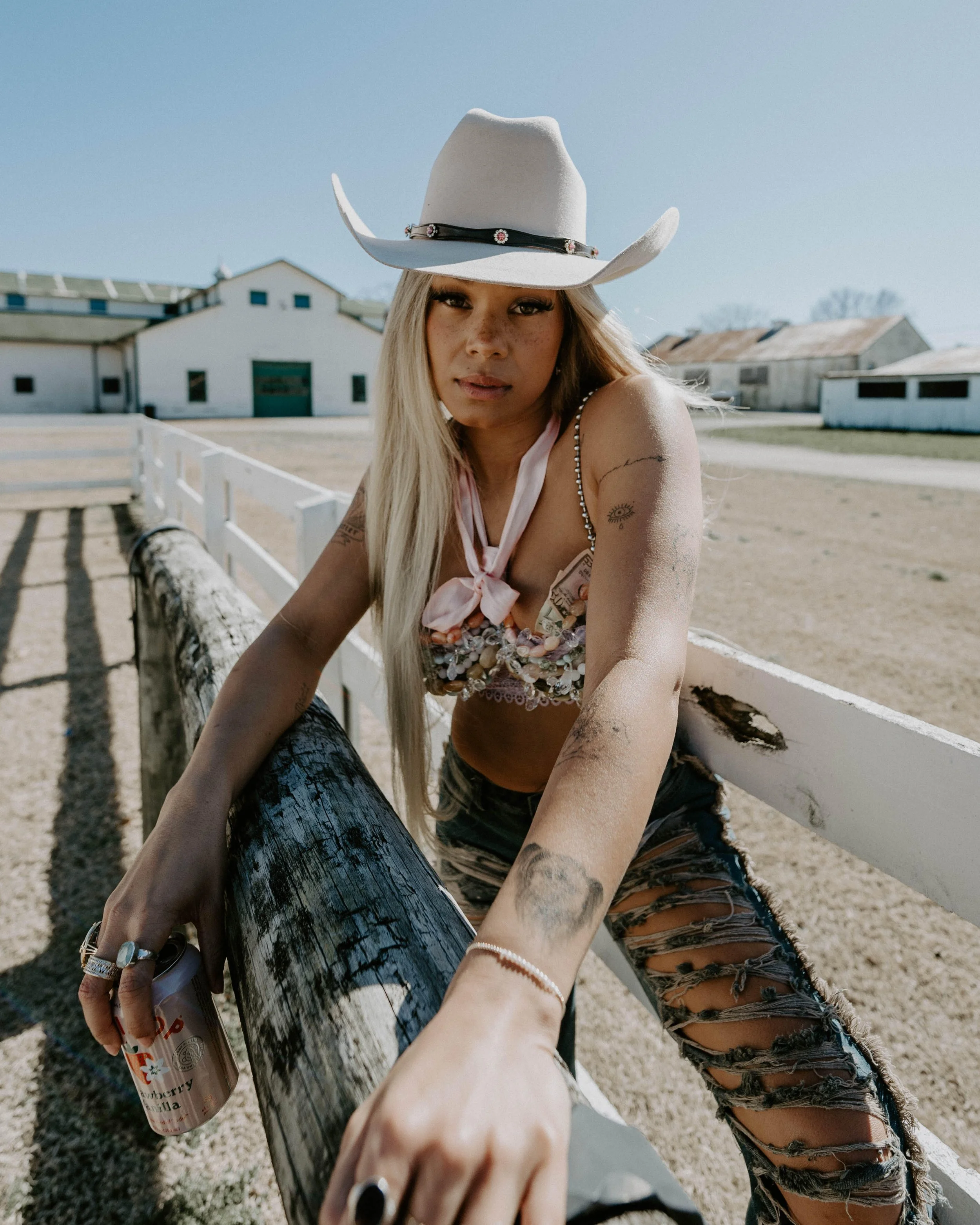OUR MISSION
CHANGE THE CONVERSATION FIGHTS GENDER INEQUALITY IN THE MUSIC INDUSTRY BY PROVIDING SUPPORT, EDUCATION, AND A COMMUNITY FOR FEMALE COUNTRY ARTISTS AND EXECUTIVES.
Our mission is to raise awareness and create change so that more female voices will be heard in country music. Our goal is to have more women played on radio stations, digital streaming platforms, signed to record and publishing deals and offered high-profile opportunities, such as more slots on tours and festivals and performing on TV and awards shows.
WHAT WE DO
We dispel the myths that women don't support other female artists or desire to hear from more female voices. We act as a speakerphone for the truth of women's successes across this industry, such as album sales, ticket sales, social media influence and endorsement deals. We aim to support new artists development, mentoring opportunities and other guidance to help young female singer-songwriters and industry professionals.
WE FIGHT INEQUALITY WITH TRUTH.
WHY IT MATTERS
The lack of voices heard in country music affect not only those who are making music , but those who discover it as well. When women don't hear music made by women, it takes its toll on our self-esteem, dreams, and ambitions.
We’re creating a network of mentorship within the industry, to help young artists develop their vision and connect them with a community of women who can aid in their journey.
THIS IS ABOUT DOING WHAT IS RIGHT.
WHY NOW
Although country music is known for its iconic female artists, from Dolly Parton and Loretta Lynn to Tammy Wynette, Reba McEntire and Shania Twain, the format has become increasingly male-dominated in the last decade. While women are making some of the best music today, as evidenced by their frequent industry-voted award wins for album of the year, too few are receiving the same reach.
NOW IS THE TIME TO
CHANGE THE
CONVERSATION.
WOMEN MOVING THE LINE












